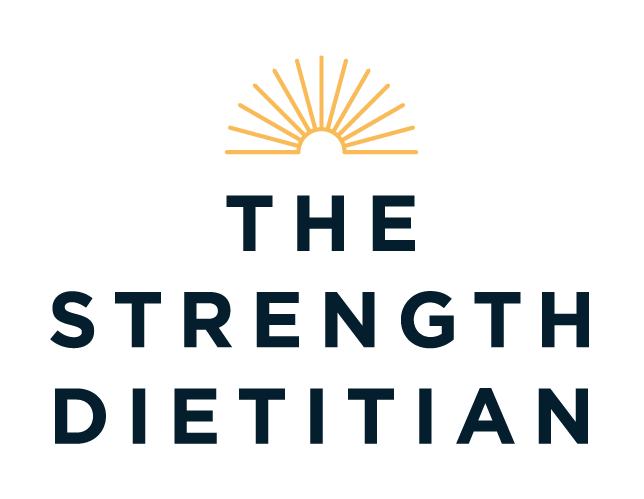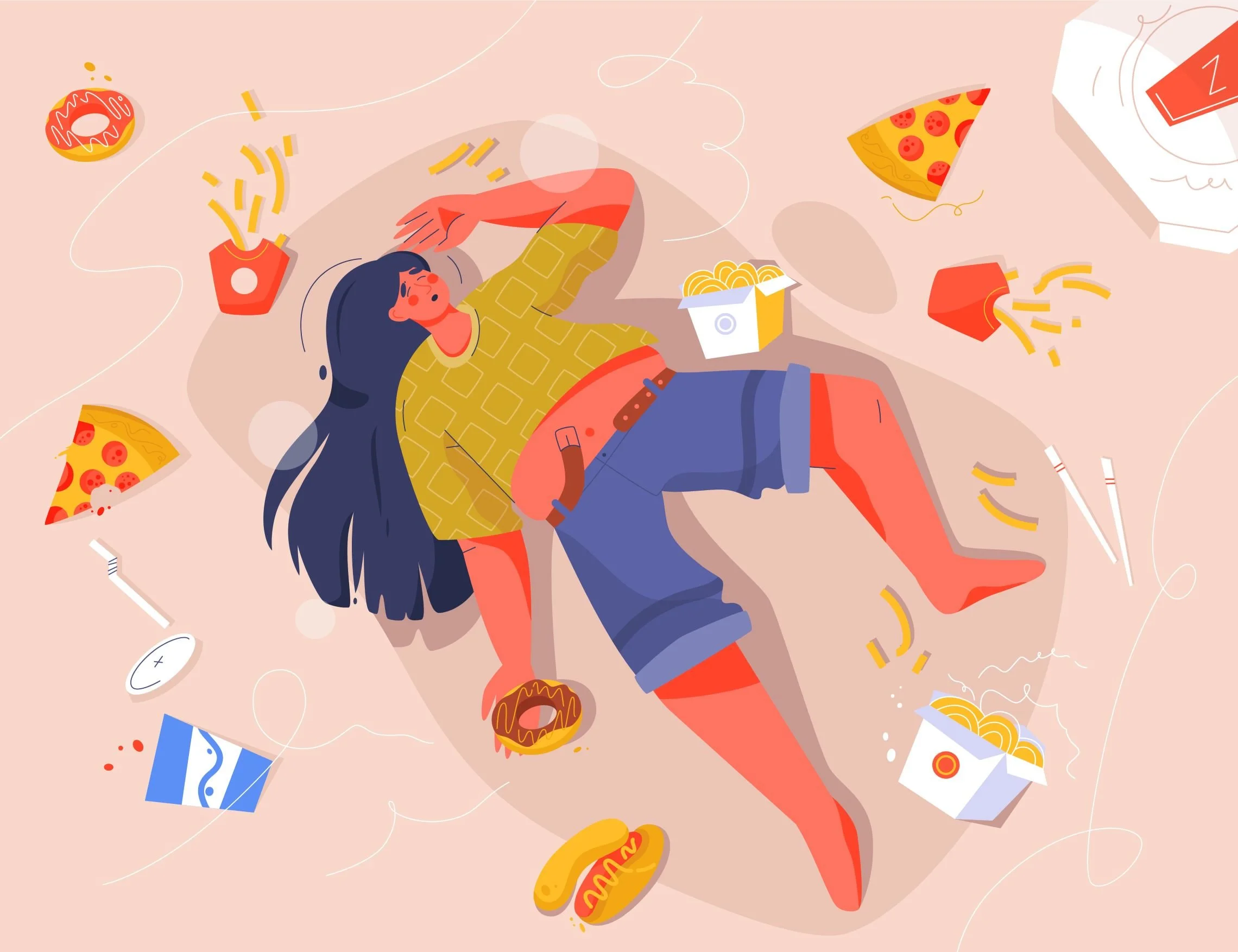4 Reasons Why You Can’t Lose Weight Or Stick To Your Diet
Dieting and exercising but not losing weight?
Do you find yourself eating healthy all throughout the day but at night, you always seem to fall off track?
Here are some reasons why:
1. Your diet cause uncontrollable hunger.
Yes, hunger is a part of dieting. While it can be minimised, it’s cannot be avoided completely without the use of appetite suppressing medications.
BUT Uncontrollable hunger is the biggest culprit for derailing your diet. Extreme hunger is when you are so hungry that you also experience lightheadedness, irritability, a headache, stomach pain, weakness or shakiness.
This occurs when your calorie deficit is excessively large, when a very long fasting window is required (e.g. 16 hours) or when the type of meals you’re eating are not well-balanced. What happens next is a classic restrict and binge cycle that ultimately results in you overeating and gaining weight.
Your first meal of the day can make or break your diet.
Cafe-style pancakes that are high in refined carbohydrates, low in protein and fat may fit your daily calorie budget BUT it’s likely going to cause you to be hungry quickly after.
To avoid a blood sugar spike and make the meal more filling: add greek yoghurt and fruit for extra protein and fibre!
2. You’re not losing weight because your diet relies on “willpower” to create a calorie deficit.
The truth is that no one is 100% motivated all the time. If all you’re given is a calorie target or set macros, a pat on the back and the promise of a cheat day (which let’s be honest, is just a binge in disguise), you’re not being set up for success.
At the end of a difficult day, we all experience decision fatigue. An effective diet plan factors in those days when you are low on motivation and is tailored to your specific triggers to help you navigate situations where you tend to overeat.
A common mistake to avoid is the pantry raid that happens after work.
You come home exhausted and hungry and grab the first thing you see. It’s normally quick, easy and pretty hefty in calories. Plan ahead a meal or snack that requires no prep (reduce the resistance as much as you can).
3. It doesn’t match your lifestyle or non-negotiables.
Do you work a 9-5 job with a single lunch break but your diet plan requires 6 small meals per day? Or maybe one of your non-negotiables is a glass of wine on the weekends, but your current diet demonises alcohol.
A cookie cutter program that dictates what is “right” or “wrong” can be ineffective for you and can increase the risk of binging and disordered eating behaviours.
Dietary and lifestyle changes need to be realistic and sustainable for YOU.
For example, a diet extra low in carbs would be unbearable and unsustainable for me but a diet without red meat would be almost effortless for me to follow. The opposite might be true for you.
To lose weight and keep it off, your diet needs to be tailored to your unique needs, preferences, activity levels, cooking abilities and goals.
4. It isn’t tailored for your strengths AND weaknesses.
Working with a dietitian allows you to identify your triggers for overeating and brainstorm ideas that help you stick to your diet long-term. To get the ball rolling, you can ask yourself some of these questions below:
Are you eating enough during the day?
Do your meals contain a balance of all the macronutrients?
What time do you tend to overeat at?
What meals are you confident in cooking?
Who is really supportive of your health goals?
Do you eat takeaway often? Is it for convenience, taste, to connect with others or to cope with emotions?





